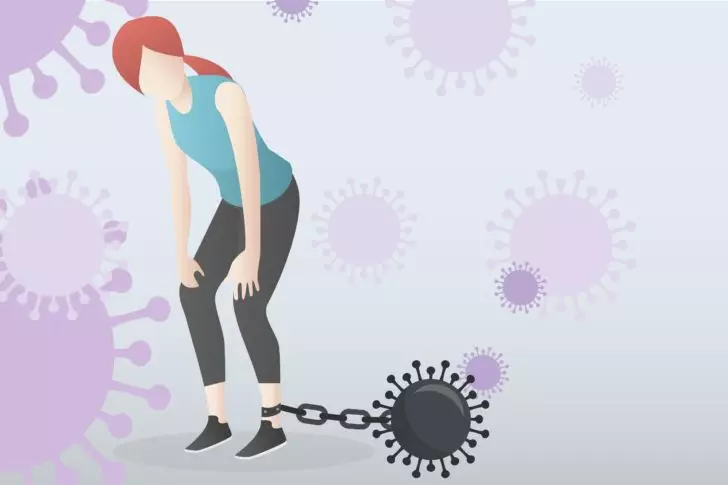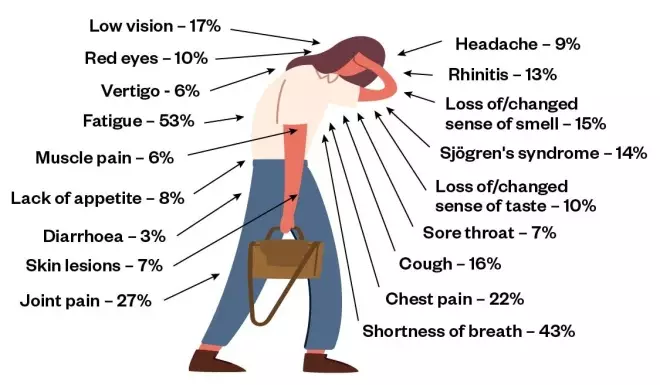Exploring Microdosing as a Therapeutic Option in the Post-COVID Mental Health Landscape
The COVID-19 pandemic has deeply affected the global mental state, intensifying pre-existing mental health issues and sparking new ones. Research indicates a notable increase in anxiety, depression, and post-traumatic stress disorder (PTSD) among those impacted by the pandemic, suggesting lasting effects on individual well-being.
In a time where mental health challenges are more prevalent, finding effective and accessible treatments is paramount. Microdosing, which involves taking sub-perceptual doses of psychedelic substances like psilocybin or LSD, is emerging as a potential complementary therapy for various mental disorders exacerbated by the pandemic.


Delving Deeper into Microdosing
Microdosing involves consuming low doses of psychedelics, which don’t cause the profound perceptual changes seen with higher doses but are thought to subtly influence the brain to improve well-being and reduce pain. This method focuses on enhancing mood, cognitive abilities, and emotional health without the hallucinogenic effects.
The Science Behind Microdosing
Though research is in its infancy, microdosing is believed to enhance neuroplasticity—the brain’s capacity to form new neural connections. This could improve emotional regulation, stress resilience, and cognitive flexibility.
